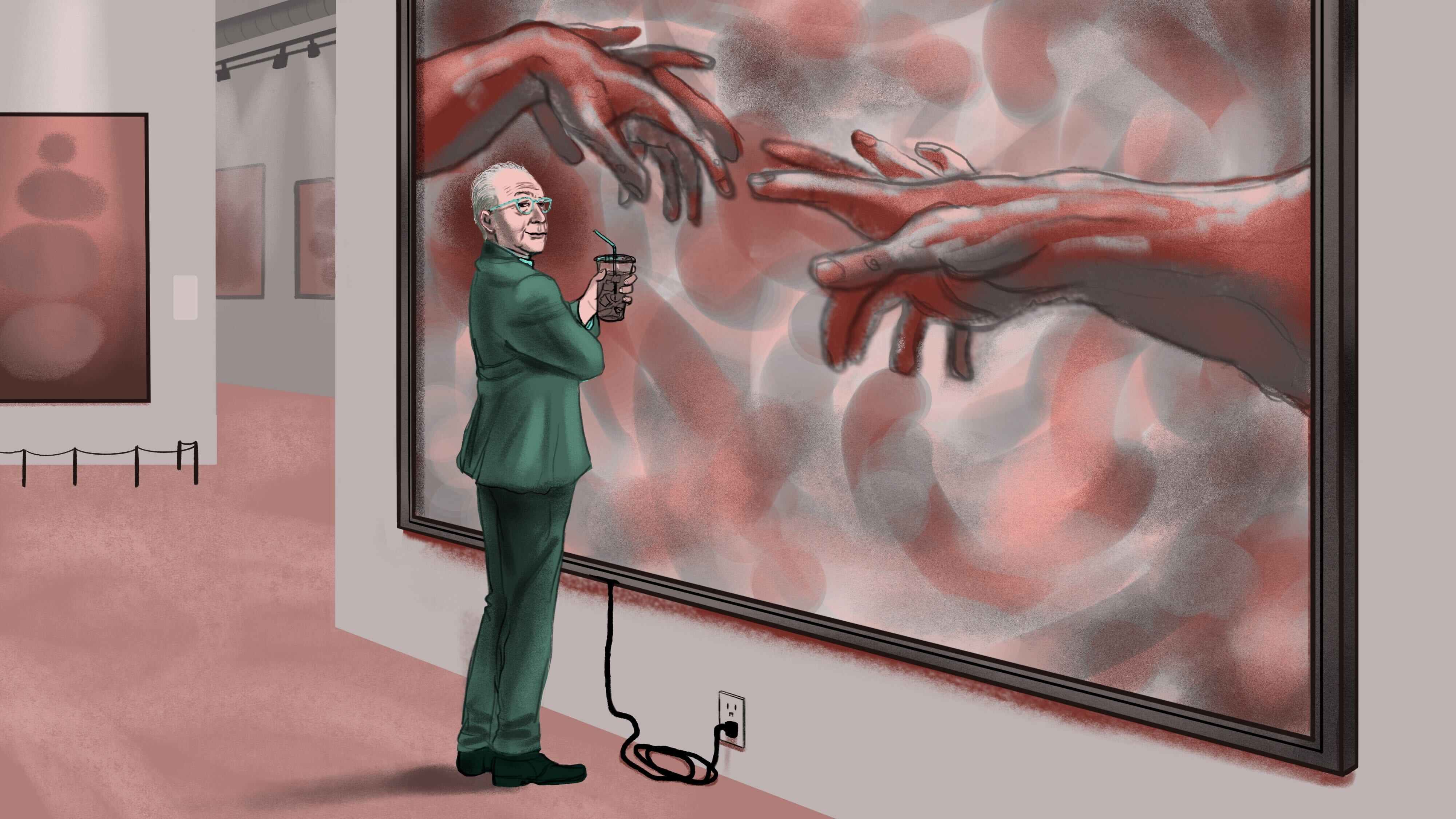Internet Erases Some References to “N-Word” in Faulkner Short Story

As our histories and memories move more and more into the digital space, we’re losing the physical copies of texts and histories. Site like Wikipedia are now edited by a community of contributors, but there have been times when false information has gotten through. Likewise, our ebooks are largely under the control of corporations that can revoke our privileges to read them at any time under DRM. But for every copy of one book on Amazon, there are a million digital ones out there being preserved. Yes, but don’t believe everything you read on the internet. David Streitfeld from the NY Times made a recent discovery showing that even these community-managed books can become perverted.
He found in the short story A Rose for Emily by William Faulkner, the author uses a controversial term (most know as the “N word”) several times to describe some minor characters in the story. However, these words are removed in the free web version that Streitfeld found and substituted for the word “rigger.”
The altered passage reads as follows:
“The town had just let the contracts for paving the sidewalks, and in the summer after her father’s death they began the work. The construction company came with riggers and mules and machinery, and a foreman named Homer Barron, a Yankee–a big, dark, ready man, with a big voice and eyes lighter than his face. The little boys would follow in groups to hear him cuss the riggers, and the riggers singing in time to the rise and fall of picks.”
Indeed, if someone were to casually Google “A Rose for Emily” this version is the first that pops up. There’s no annotation calling out that a correction was made, it just is that way now for anyone who searches for this particular short story. The controversial slur hasn’t been completely removed from these few online versions that are circulating the web, so some may think nothing of a few words being changed for the sake of ridding the world of a disgusting word. But it has muddied a little bit of history.
Perhaps it’s fitting to leave off with a passage from 1984 by George Orwell:
“For how could you establish even the most obvious fact when there existed no record outside your own memory? He tried to remember in what year he had first heard mention of Big Brother. He thought it must have been at some time in the sixties, but it was impossible to be certain.”
Read more at NY Times
Photo Credit: jvoves/Flickr





